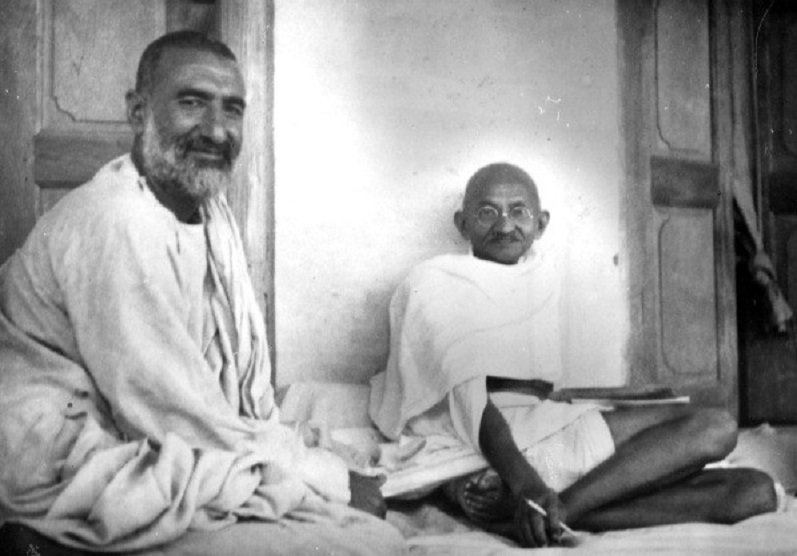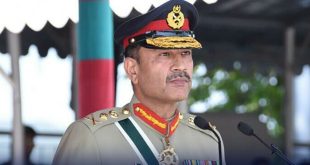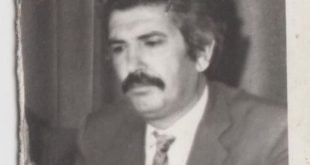By Wakeel Khan-After the fall of Sikh kingdom in Punjab, the British crossed river Indus in 1847, for the second time in nine years, and violently encountered the first non-Indian people on their imperial frontier – the Pashtun tribes. The rough terrain of the Pashtun territory had not much worth in economic terms for the East India Company, and the earlier British Viceroys opposed to extend British administration beyond the Indus River, but later a “Forward Policy” prevailed, whereby the area was retained to serve the British-Indian Empire as a “Buffer Zone”.
By 1878, under the Forward Policy, British had occupied all fundamental mountain passes in Pashtun areas that open up into Central and South Asia. Throughout the British ascendancy in Pashtun territory, violence and strife remained a fixture, as amid rough and treacherous terrain the imperial control of the Pashtun tribes proved to be a harder task and the dominating preoccupation for the British-Indian rule. It came to pass that between the Indian Mutiny and the Second World War, the British expeditions against Pashtun tribes appeared to be the most significant military events in the history of British-Indian Empire.
Before Bacha Khan, Pashtun resistance to the British Empire was only in the form of organized militancy, which, Bacha Khan noted in his teenage, had some reasons for not being much of a success, even if he received some earlier inspirations from Haji Sahib of Turangzai, in particular with regard to education of Pashtun people.
Son of a rich chief of Utmanzai, Bacha Khan’s adolescence wore an intense and thoughtful expression of a pauper, which never lacked a hint of sadness. But even at this earlier stage in his life, he definitely was one of those great souls who could think that an alternative was possible and a different world of Pashtuns was not an idea, rather it could be a final outcome of a long struggle he had resolved he himself would set in motion – despite wind, weather and rain.
Bacha khan laid the foundation of his first school at Utmanzai when he was only 20 years old. By the time he was 25, he had become far greater trouble on the North West Frontier, as the British named the Pashtun territory, than the ones the imperial administration had so far dealt with, such as Haji Sahib Turangzai, Mulla Powinda, Umra Khan, and Mulla Mastan – to name but quite a few. In all respects, Bacha Khan was a marked difference on them, and unlike his predecessors who waged battles, the 25 years old young man was waging non-violence.
Historically, non-violence always existed as a concept and practice in the collective consciousness of Pashtun people. Had it not been deeply rooted in Pashtun cultural consciousness, the non-violence of Khudayi Khidmatgar Movement could have never become popular in Pashtun tribes. It is a historical fact that Pashtun tribal code had (and still has) sections for violence, whereby the institution of blood-feud maintained political order in Pashtun social segments, yet Pashtuns resolved most of their disputes through utterly non-violent means. But, however, not all disputes could be peacefully settled.
With Bacha Khan a new thought had spread in the Pashtun tribal system, initiating a popular social reform movement, which struck at the roots of all forms of violence in Pashtun tribes. “With reason, wror-wali (fraternity) and wisdom, let we solve our all disputes”, said King of the Chiefs, who led the reform movement.
Indeed, Bacha Khan was the first leader who hit upon a further discovery in the socio-political question of the Pashtun tribes in the 20th century. He was unmistakable on that: “but you don’t know about it”, said Bacha Khan, “Force of the forces will not stand the force of non-violence.”—(The Pashtun Times)
 Afghanistan Times
Afghanistan Times




